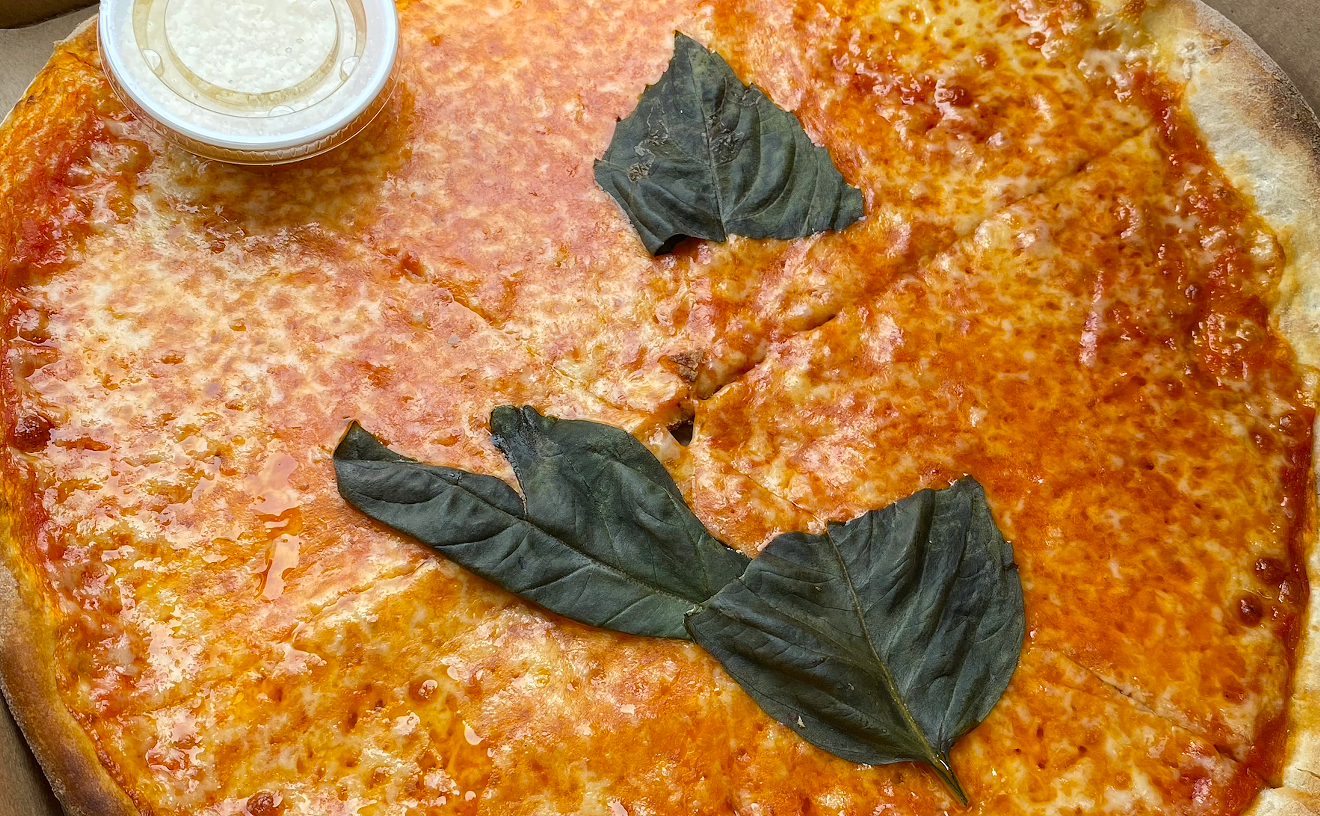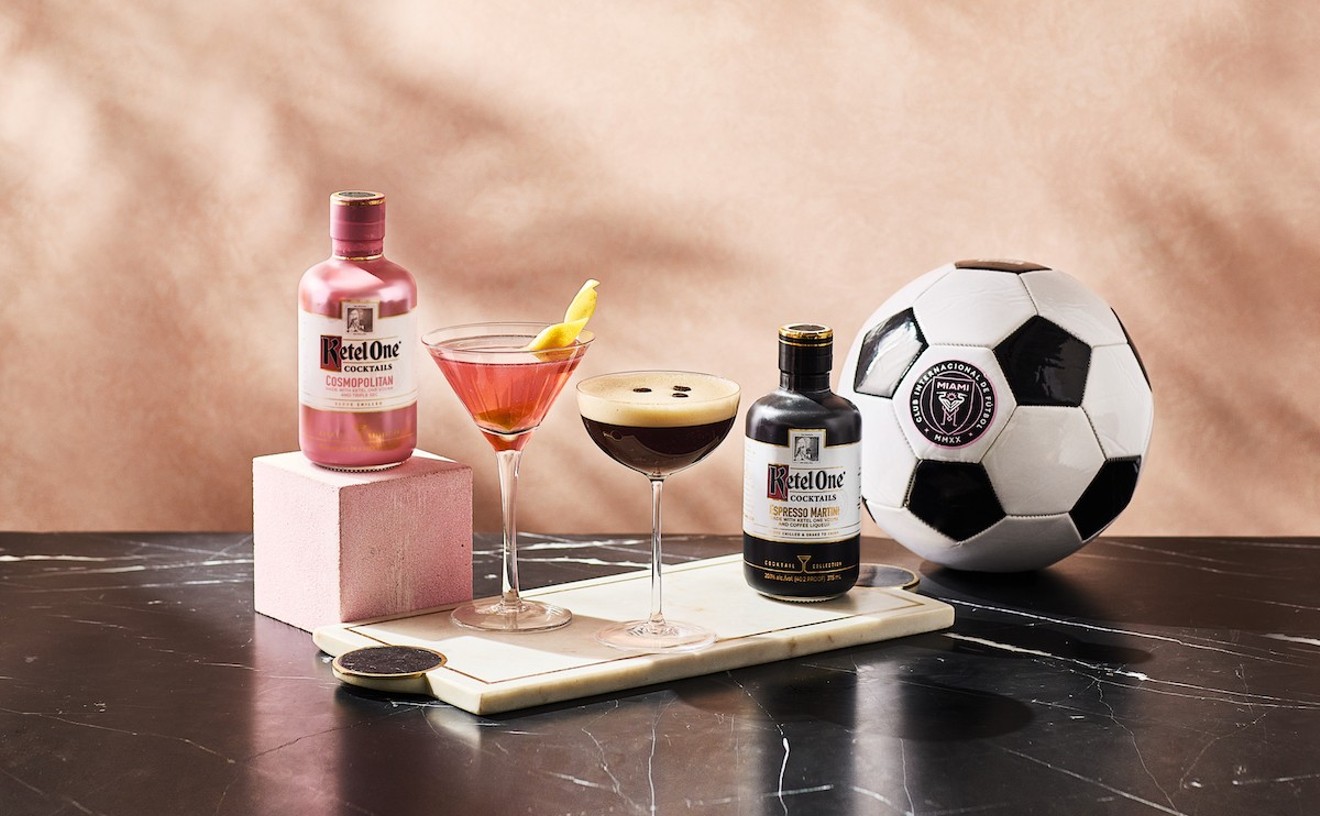Like many in South Florida, I grew up in the New York metropolitan area. My home town of Livingston, New Jersey, is a bedroom community for the city; a large number of adult inhabitants commute from there to the Big Apple via PATH trains. My father, a broker, does. Until recently he worked in the World Financial Center. My sister, a financial broadcast journalist, spent a large amount of time in the same building, reporting for Wall Street Journal Television. My brother trades bonds in midtown. He was on the phone with a close friend of his who was working in the World Trade Center, doing business, when the first plane hit.
And like most of us, I have been not only patriotically but personally impacted by these horrifying tragedies. My two oldest friends from childhood have had a tough time. CJ, who lives in D.C., couldn't locate her husband of only six months; he was in the Pentagon. Amy, a New Yorker, watched the Twin Towers crumble from a school in Brooklyn where she teaches; she realized seconds later that her brother was on the 99th floor of one of the skyscrapers. CJ's husband, Tim, made it out of the Pentagon. Amy's brother Jeff is missing and presumed dead. Knowing that he is probably only the first victim with whom I am tied, I did what any sane woman would do: I called my mommy.
My mother is a counselor. She is as numb as anyone else, waiting for the list of victims from my hometown to be released. But she is able to help my father, brother, and sister, all of whom have lost good friends and colleagues. She told me: Take comfort in the trivial. Continue the everyday routine. Do what you do. In short, while I may not have the stomach for fine dining at the moment and you may not have the heart to read about it, we're going to do it anyway, if only for the escapism.
Ironically, perhaps, on the day when our country's fabric of civilization and democracy was irreparably torn, a few gastronomes were about to take the first stitch in making a whole cloth out of the South Florida dining community. A small number of us were going to attend the first of a new type of event, which for lack of a better term we'll call a wine exchange dinner, at Nemo in South Beach. There chef-proprietor Michael Schwartz, using a palette of Terrazas de los Andes Argentine wines, would create and serve a multicourse dinner. The purpose? Solely to better his acquaintance with another area chef, Willis Loughhead from Tantra in South Beach, who in turn would utilize the same wines but come up with his own menu and present it to Schwartz in a couple of weeks. The hope is that this kind of chef outreach will result, if not in some true friendships, then at least in some friendly alliances. The NATO of fine dining, if you will, or the formation of a new Mango Gang, with the equivalent potential for friendly competition and capitalistic gain.
Unless they meet in a restaurant kitchen, chefs don't always have the opportunity to get to know one another, especially those who work in different counties of the South Florida region. Even when they band together to donate time and energy to multicounty charity events like the Allen Susser- chaired Share Our Strength, they're generally too busy preparing their offerings to do much socializing.
Needless to say, arranging a wine exchange dinner had been a bit tricky. We gastronomes had to schedule it on the chefs' night off. It took two months to find copacetic dates and plan the dinners. When the catastrophe occurred, we debated all day whether or not to delay the Nemo dinner. But in the end, we decided to follow my mom's advice: Take comfort in the trivial. Do what you do.
What we did was shake hands and kiss cheeks -- chefs, critic, and publicist, who are sometimes on opposite sides of the culinary issues. What we did was sup on Schwartz's crispy duck confit with whipped parsnips and his grilled leg of lamb with risotto and fig jam. What we did was not only pour some silky Malbec and sturdy cabernet but get purposefully drunk and remind ourselves that, as an e-mail pal of mine recently put it, "The pleasure we get from fine cuisine is a big part of our lifestyle... Don't let them kill our lifestyle... Make sure we don't forget [the good things]. Not only is food and the enjoyment of it not trivial, it is an essential part of what we are protecting."
At the moment it is impossible to predict the success of our experiment. That will depend upon whether other chefs will also be willing to participate in the project. I hope they will. I hope I can convince, say, Tony Sindaco from Sunfish Grill in Pompano Beach to plan a wine exchange dinner with a chef whose food he admires. Maybe Steven LaBiner from Hobo's Fish Joint in Coral Springs or John Belleme from Zemi in Boca Raton would like to be involved. I could go on, but you get the point. There's lots of opportunity for building a community out there.
Of course there is another case to be made for gastronomically inclined Americans to continue doing what we do. By dining out we pump funds into the flagging economy. Even before our culinary way of life was so dramatically interrupted, experts in the restaurant biz had already made some predictions: one, that the downturn in finances will cause more diners to stay home or to take leftovers home and make another meal of them instead of going out again or buying lunch during the workday; and two, that the loss of formerly secure, so-called white-collar jobs will send more workers back to the restaurant industry, effectively ending the shortage of service employees we've been experiencing in this realm for the last several years. If we stop dining out altogether, as a result of survivor guilt or a distaste for the idea of stuffing our faces while friends and neighbors suffer, we will effectively and exponentially be increasing unemployment rates. I think of it this way: If I lose my newspaper job tomorrow, I can always wait tables to earn a living. But I wouldn't make a cent if no one were dining.
So I will listen to my mother. I will do what I do: Eat. Drink. Write. And encourage the food community, from chefs to diners, not to forget the good things in life.










